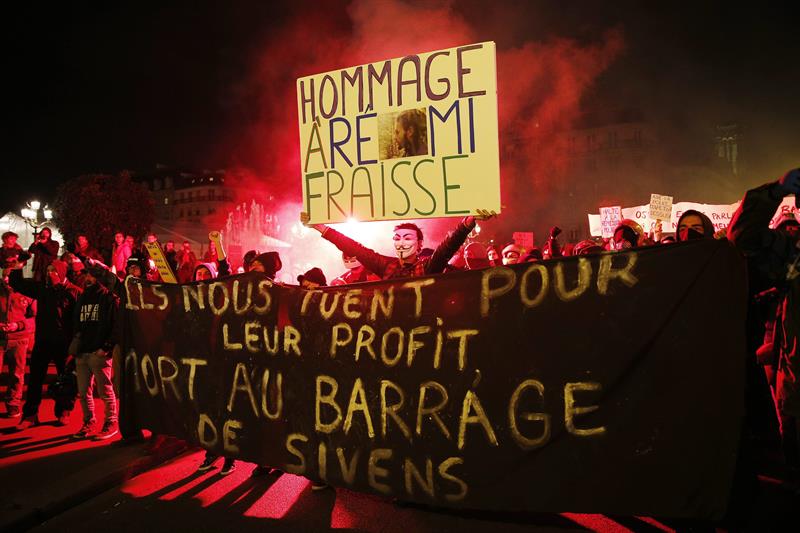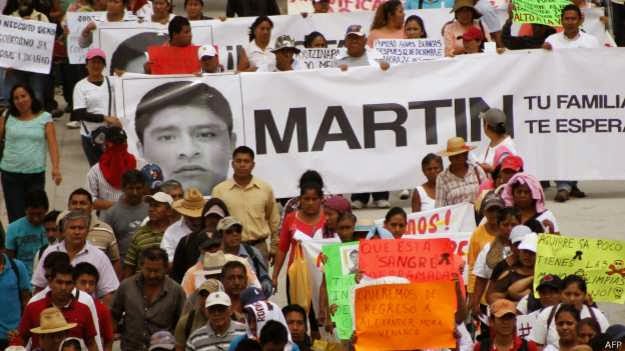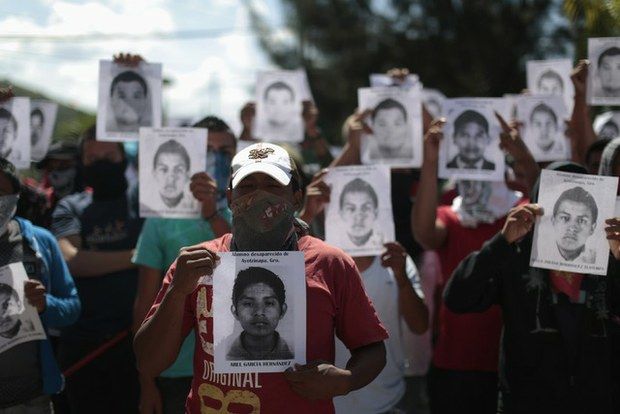Close of the papal visit to Brazil
A plan for restoration
12/08/2013
Thursday, August 1, 2013
With high-impact statements that seemed to turn the page on humanity’s most reactionary institution, Pope Francis brought his trip to Brazil to a close by surprising his own people and others. "Who am I to criticize the gays?" he pointed out, shortly after calling on young people to "make trouble." International analysts recognized "a change of tone, but not of substance" in doctrine (La Nación, July 30). In reality, Francis declared himself for homosexuals’ "integration into society," but by discrediting their rights, reduced to a "gay lobby," while he defended "old fashioned" marriage, between a man and a woman. It should be rememberd that in 2010, he condemned egalitarian marriage as "a plot of the devil." For that reason, the Brazilian journalist Luiz Horta noted that "it is a misunderstanding to think that Jorge Bergoglio is an anti-Ratzinger" (Folha, July 28). Francis is so right-wing that he belittled the proposal of the Gnostic Mission Fraternity, an internal tendency of the church that supports "the end of celibacy, the ordination of women, and access to the sacraments for those divorced" (La Nación, July 27).
Also, Francis did not call on the young just to "make trouble," but to "make trouble in their dioceses," that is, within the ground-level political-administrative institutions of the church, in pursuit of "a pilgrim church that will go out" to halt the dispersion of thousands of the disillusioned faithful, even contemplating the rehabilitation of more than 500 theologians expelled during the papacies of John Paul II and Benedict XVI. On that path, the journalist Sergio Rubín reported Bergoglio’s concern "because of the set-back that Catholicism is experiencing in many countries of the world and especially in Brazil... because of a church that is missing the train of history, that was withdrawn – in the best case, on the defensive – lacking a firm decision to go out to the world" (Clarín, July 29). Despite having the biggest number of Catholics in the world (143,000,000), Brazil went from 91% of the population that identified as Catholic in 1970, to 64% in 2010, while the evangelical churches increased their membership from 4% to 22%, during the same period.
Political and ideological intervention
Behind "gestures of austerity," Francis outlined a plan to recreate the church as a political and ideological mediator, in front of the great masses, by restoring the legitimacy of its moral authority, lost after the tsunami of charges of sexual abuse, sheltered by bishops and cardinals, as well as the scandals of corruption of the IOR, the Vatican Bank, crowned with the VatiLeaks crisis, that buried the papacy of Benedict XVI.
With the "timing" of a political leader, Bergoglio is trying to temper the Curia, in order to exorcize the consequences of the international economic crisis, with the perspective of capitalizing on, or, at least, containing, the mobilization of young people, getting them off the streets, to change them into "new pilgrims," of a "church based on living communities, of debate and action," as he said on the World Day of Youth (La Nación, July 29), exhorting the bishops to be "shepherds," leaving behind the "psychology of princes." With this aim, Bergoglio took up again the concept of "peace with equality," not by chance taken from the Second Vatican Council, of the papacies of John XXIII and Paul VI, established between 1960 and 1965 (that goes as far as the Conferences of Medellín in 1968 and Puebla in 1979), to channel the political radicalization of young people, influenced by the ideas of the Cuban Revolution and the de-colonization movements of Africa and Asia.
This operation concludes with a reform of the IOR, a Pandora’s box, marked by a huge number of cases of laundering money belonging to the Mafia and big businessmen, from its very foundation. After the arrest of the prelate Nunzio Scarano, implicated in a 20,000,000 euro fraud, he would have admitted to the Vatican Secretary of State Tarcisio Bertone, the complicity of several cardinals in these illegal activities. "The problem is how to clean up what needs to be cleaned up.... but I do not know how this story will end," Francis admitted (El País, July 29). The most recent of the scandals revealed the shady deals in the name of the Sacred Military Constantinian Order of St. George, where tycoons like Berlusconi acquired hundreds of tax-exempt properties.
A Jesuit
In order to undertake this restoration plan, Francis possesses the expertise of the Jesuits, the most political order of the church, renowned as a source of cadres in the ideological struggle. Founded in 1534 by Ignatius of Loyola, this order, with its military structure, emerged as part of the Council of Trent and its policy of Counter-Reformation, in defense of the feudal order, against the revolutionary rise of the bourgeoisie.
With 2,000 years of history, the church is an old trollop, that can change her hair, but not the tricks that she provides in the service of the ruling classes.
A friend of Pando
Through a secretary, Francis answered a letter from Cecilia Pando, advocating "harmony and reconciliation" with the genocidal killers (Perfil, July 28), which is not strange for an accomplice of the military dictatorship, who handed over priests from the slums.
[Translator’s note: Cecilia Pando is an advocate of the Argentinian soldiers and members of the security forces that have been prosecuted for their participation in illegal repression during the period of the military dictatorship, which, according to es.wikipedia.org, was responsible for the forced disappearance of some 30,000 political prisoners and also for torturing more than 100,000 people, among other crimes.]
Translated by Yosef M.


![Declaration of the Movimiento de los Trabajadores Socialistas [MTS] facing the brutal murder and disappearance of the normalistas students of Ayotzinapa](https://www.ft-ci.org/IMG/arton8590.jpg?1687978277)

















